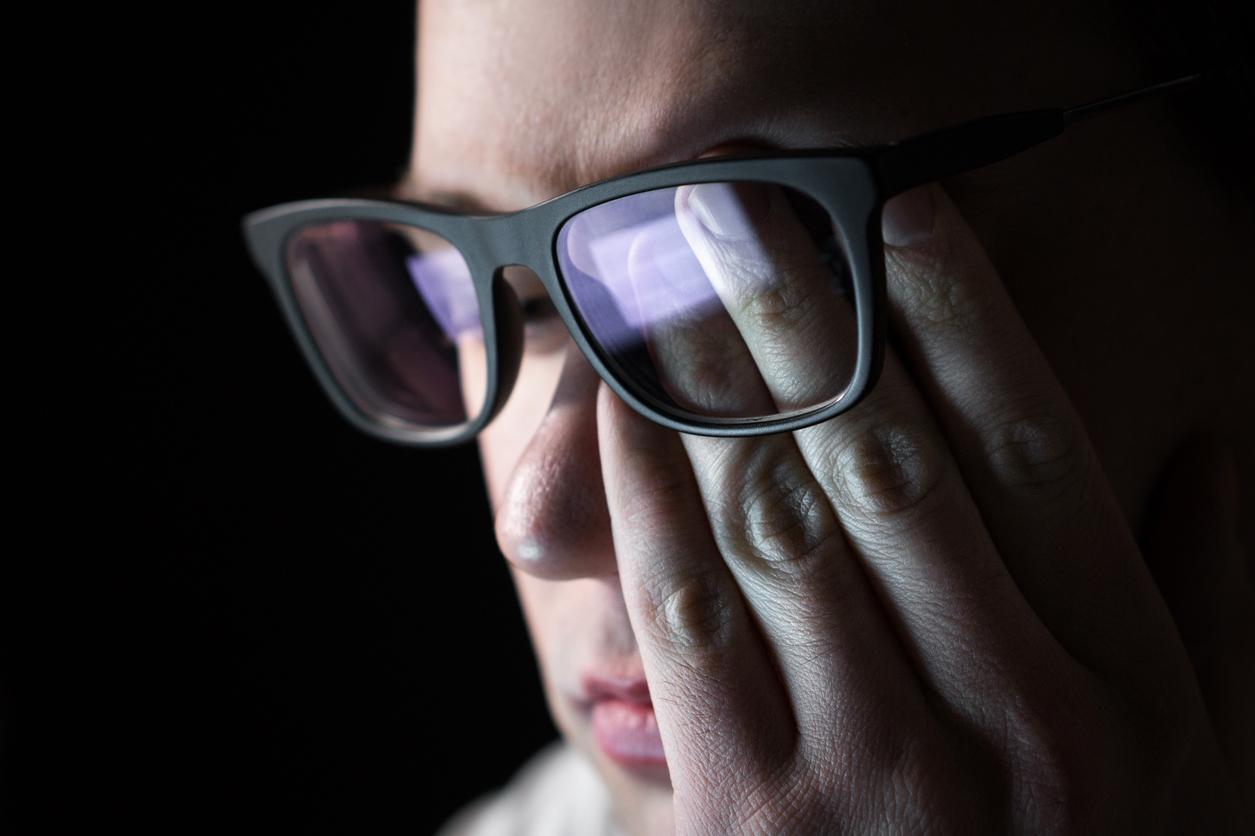Young people aged 10 to 11 spends a lot of time on screens (social networks, video games …) present an increased risk of behaviors associated with manic disorders, such as exacerbated impulsiveness and a lower need for sleep, according to a study.

- A recent study shows that excessive use of screens in pre -adolescents increases the risk of manic symptoms two years later.
- Young people aged 10 to 11 spending a lot of time on social networks, video games and texts present in particular greater impulsiveness and a decrease in the need for sleep. Addiction to screens and sleep disorders could worsen these symptoms.
- Experts recommend that parents supervise the use of screens and establish periods without screen before bedtime to preserve the mental health of children.
“Adolescence is a particularly vulnerable period for the development of bipolar disorders. Since the early appearance of symptoms is often associated with more severe and chronic forms of the disorder, it is crucial to understand what could contribute to the Appearance or worsening of manic symptoms among this age group. “
A team of researchers from the University of Toronto in Canada has just highlighted a link between the excessive use of screens in pre -adolescents and the appearance, two years later, of manic symptoms, one of the facets of the disorder bipolar. Their work was published in the journal Social Psychiatry and Psychiatric Epidemiology.
Addiction to screens and sleep disorders
To achieve this observation, the researchers collected data from more than 9,000 young people aged 10 to 11. The results show that those who spend a lot of time on screens all combined – social networks, video games, texts, videos, etc. – present an increased risk of characteristic behaviors of manic episodes, such as an exaggerated self -esteem, a reduction in sleep need, increased distractibility, rapid thoughts and exacerbated impulsiveness.
Scientists emphasize that addiction to screens and sleep disorders may worsen manic symptoms. They evoke the inability to reduce screen time despite efforts, withdrawal symptoms, increased tolerance, as well as family conflicts related to the use of screens. “The irregularity of sleep rhythms and prolonged exposure to screens could amplify these symptoms in the most vulnerable adolescents”they underline in a press release.

Healthy habits from an early age
This study, which is based on data from theTeenager Brain Cognitive Development (ABCD) Studythe largest study on brain development in the United States is added to the list of work that has pointed out links between the use of screens and the deterioration of the mental health of young people. Pending further research that will better understand the neurological and behavioral mechanisms involved, parents must be aware of the potential risks on the mental health of their children. “It is crucial to adopt healthy habits from an early age”insist the researchers, who recommend establishing a family plan for using screens, including for example periods without screen before bedtime, in order to limit their negative impacts on sleep and well-being.

















